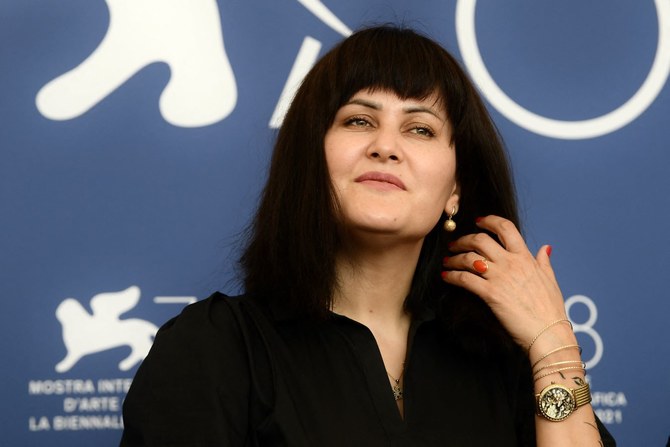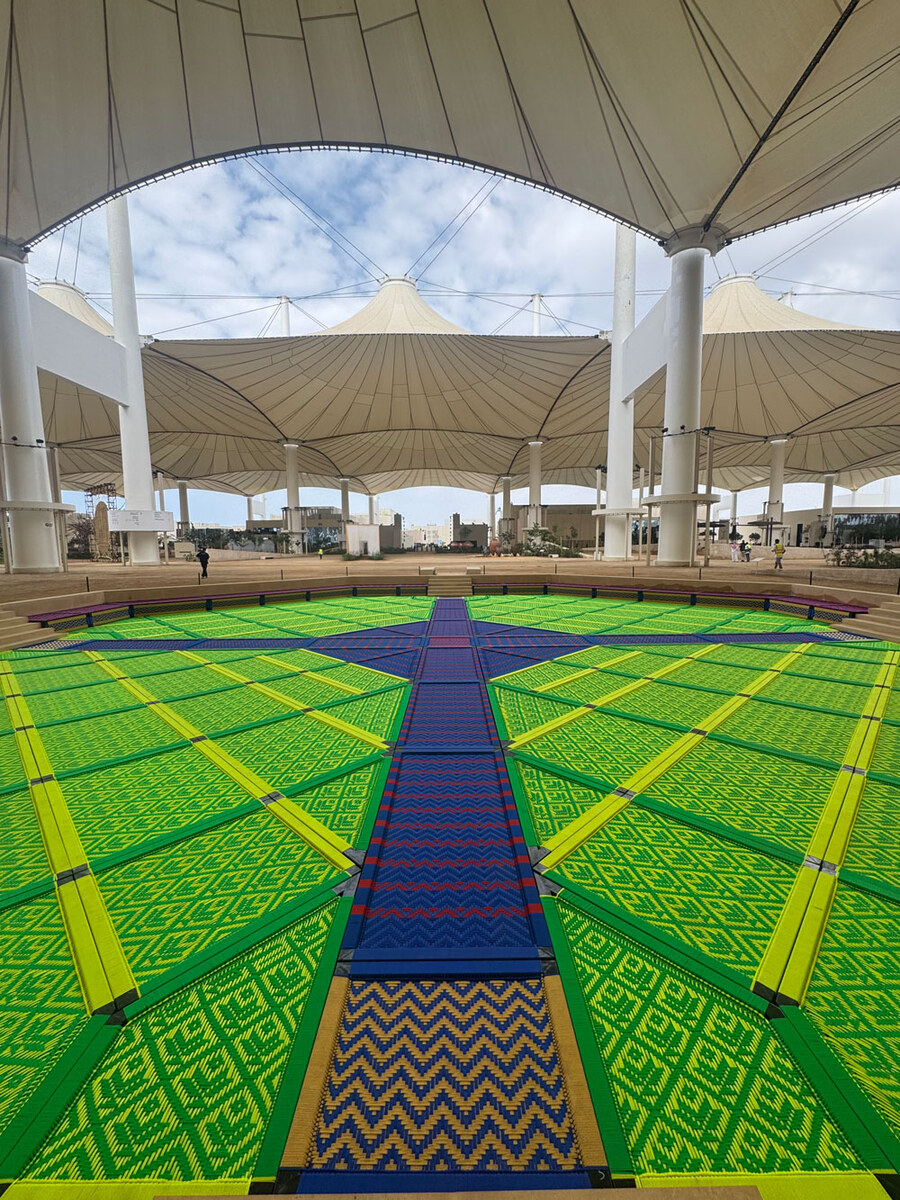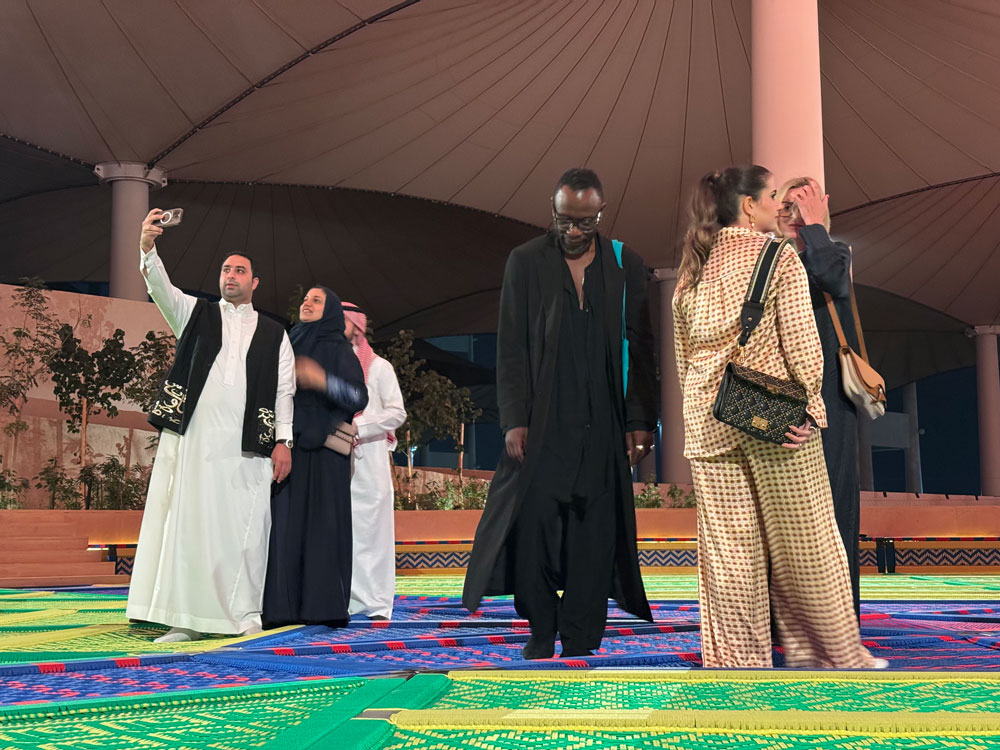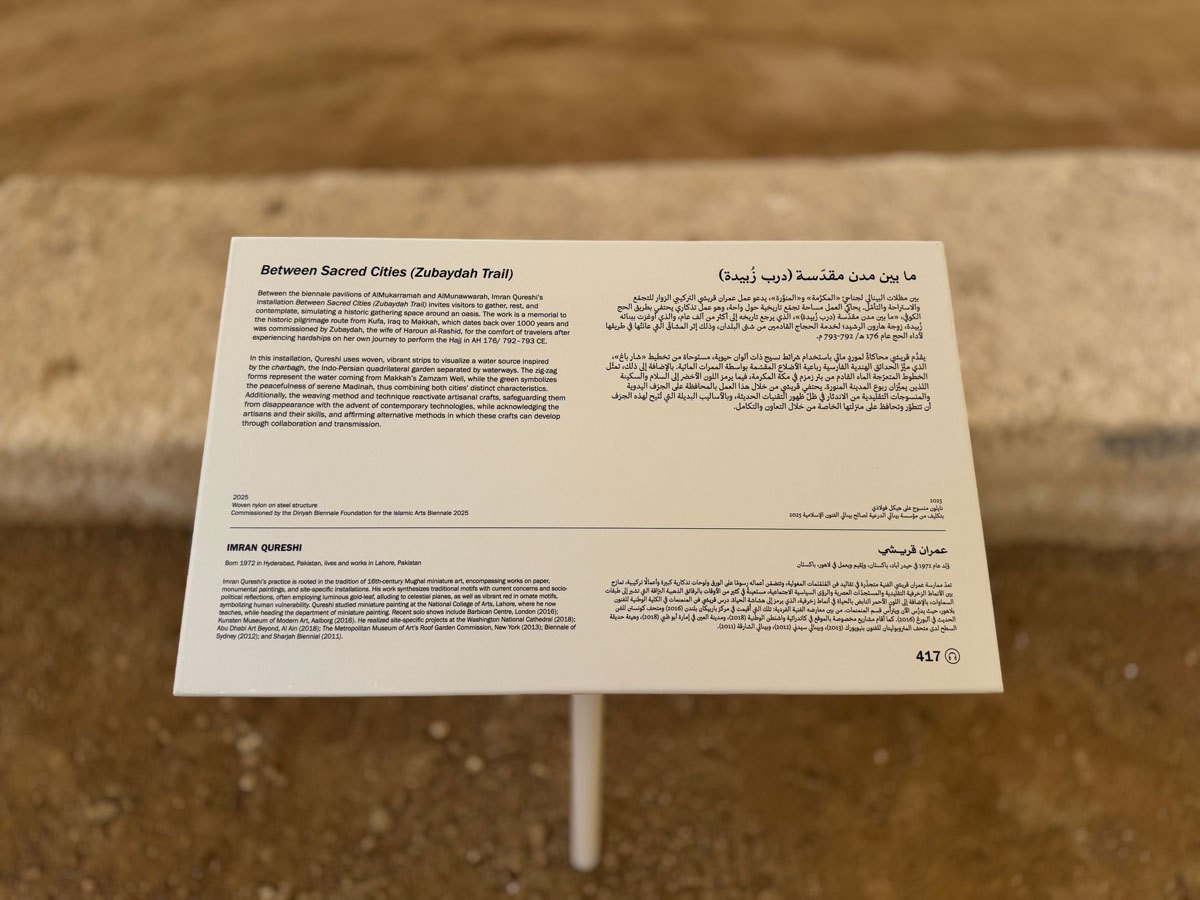ROME: Just over one-and-a-half years ago award-winning Afghan filmmaker Sahraa Karimi, known for her poignant portrayal of her countrywomen, had to flee her home in Kabul when the US withdrew its troops on Aug. 30, 2021, and the Taliban regained control of the country.
Since the Taliban returned to power, despite the group’s pledges that this time would be different — particularly for women, education and cultural expression — the country has plunged into an even darker repressive rule. Now women are fiercely controlled, and education and freedom of expression is limited. In December, the Taliban ordered an indefinite ban on university education for Afghan women, among a host of repressive measures, sparking international condemnation and widespread despair among people both inside and outside the country.
“With the return of (the) Taliban to power, we lost everything,” Karimi told Arab News. “We lost almost every personal and collective achievement we gained over the past 20 years. We artists, filmmakers, are now trying to be active outside of Afghanistan.”
Culture can also be a casualty of war. Through her work abroad Karimi is trying to reverse this fate and keep the flame burning for Afghan culture even during some of the country’s darkest days.
“Afghanistan is a very complex country, and its struggles are complex too but one of the many main ways to help Afghanistan is through culture,” Karimi said. “We need to develop culturally through our films, our music, and art. We need our artists, and we need to tell our stories to educate people about their history and identity.”
Karimi — now based in Rome, Italy, where she is a visiting professor at the Rome National Film School while simultaneously working on her next film “Flight from Kabul” — was born and raised in Iran by Afghan refugee parents. In Iran, while studying mathematics and physics to become an engineer, she was discovered by an Iranian film director looking for a young Afghan actress. She was cast in her first movie and since then has dedicated herself to cinema.
Karimi then went on to receive her doctorate in cinema (Fiction Film Directing & Screenwriting) from the Film and Television Faculty of the Academy of Music and Performing Arts in Bratislava, Slovakia, and in August 2012 decided to return to Afghanistan. For Karimi, it was vital that she worked and filmed in her homeland so that she could shoot the country’s stories first-hand.
“We try to advocate for our athletes, for our cinema and our stories, and make, with the help from Western, European or American production houses, our films so that we can continue,” she said. “But it is not that easy because when you get cut off from your country of origin, it is very difficult to again find your way of storytelling and your way of doing your own cultural activities in (a) different country that has its own culture.”
Before the Taliban’s return to power, Kabul’s nascent art scene, which included the first-ever Afghanistan Cinema Festival on the country’s 100th Independence Day celebrations in 2020, has since the Taliban takeover in August gone largely underground due to new limits on creative expression. Karimi, the first-ever female head of Afghan Film, a state-owned institution, staged the festival, which was financed by the Afghan government and private sector, to revive cinema in the war-stricken nation. The festival showed a selection of 100 classic Afghan films through its duration.
“We were preparing the second edition when the Taliban returned and the collapse happened,” Karimi said.
Since then, plans for future editions of the festival have been halted.
“Unfortunately, when there are conversations about the future of Afghanistan, artists and culture worker(s) are not included or on the agenda,” she added. “Culture is missing, and this is a big mistake for Afghanistan because there can be no advocacy, no change without cultural change.”
“A film brings people together from various social and ethnic backgrounds in Afghanistan,” said Karimi. “It goes beyond just entertainment; cinema brings people together. We cannot save ourselves from conflicts, but if you read history, you find that it was culture that saved people from hopelessness.”
The staging of a film festival was historic for a country where following a relatively moderate period of rule, movie theaters were banned in Afghanistan during the Taliban’s reign from 1996-2001. When the Taliban fell, Afghan cinema flourished again. Although unlike its pre-war period, private media flourished in the country, largely due to international support.
But now the lights have dimmed again, the handful of cinemas that were operating in Kabul and throughout the country remain closed and Afghan actresses have very few rights if any.
Still Karimi, who was the first chairwoman of the Afghan Film Organization and spoke at the Culture Summit Abu Dhabi in October 2022, believes that no matter what happens it is crucial to keep the flame burning for Afghan art and culture. She has directed over 30 short films, three documentary films and the 90-minute fiction film titled “Hava, Maryam, Ayesha,” which premiered at the 76th Venice Film Festival in 2019. It was nominated for best fiction movie at the festival and tells the story of three pregnant Afghan women suffering in the aftermath of explosions and car bombings in Afghanistan. The film reveals what Karimi says are the “stories of war by women” that have rarely been told.
In her debut feature documentary “Afghan Women Behind the Wheel” that she released in 2009, Karimi examines how obtaining a driving license is a key factor for the personal freedom of Afghan women. In the film she asked whether Afghan society was ready for women drivers. The film features interviews with Afghan women of various backgrounds and ages. In 2014 it won the Women Filmmakers Section Award for Best Documentary at the Dhaka International Film Festival.

Still Karimi was the first chairwoman of the Afghan Film Organization and spoke at the Culture Summit Abu Dhabi in October 2022. (AFP)
In 2016, Karimi released “Parlika,” a documentary examining the life of Suraya Parlika, one of the few Afghan women involved in the country’s politics. A fierce advocator for women’s rights, Parlika died of cancer in 2019. The film notably documents how the status of women changed in Afghanistan as the country transitioned from Taliban rule to that of a US-backed republic with a democratic system.
The fire and passion that Karimi gives to her work she says comes from Afghan women themselves. And while she still intends to share stories of women in Afghanistan, she is also covering those who are now living in exile.
“I am trying to keep the conversation alive about Afghan cinema and especially about the women of Afghanistan through film,” Karimi said. “I keep working; I don’t give up because I don’t believe in giving up. I want to advocate our stories through my films and through my photos so that people can keep talking and remembering Afghanistan. We must continue.”





















